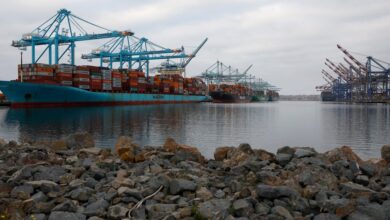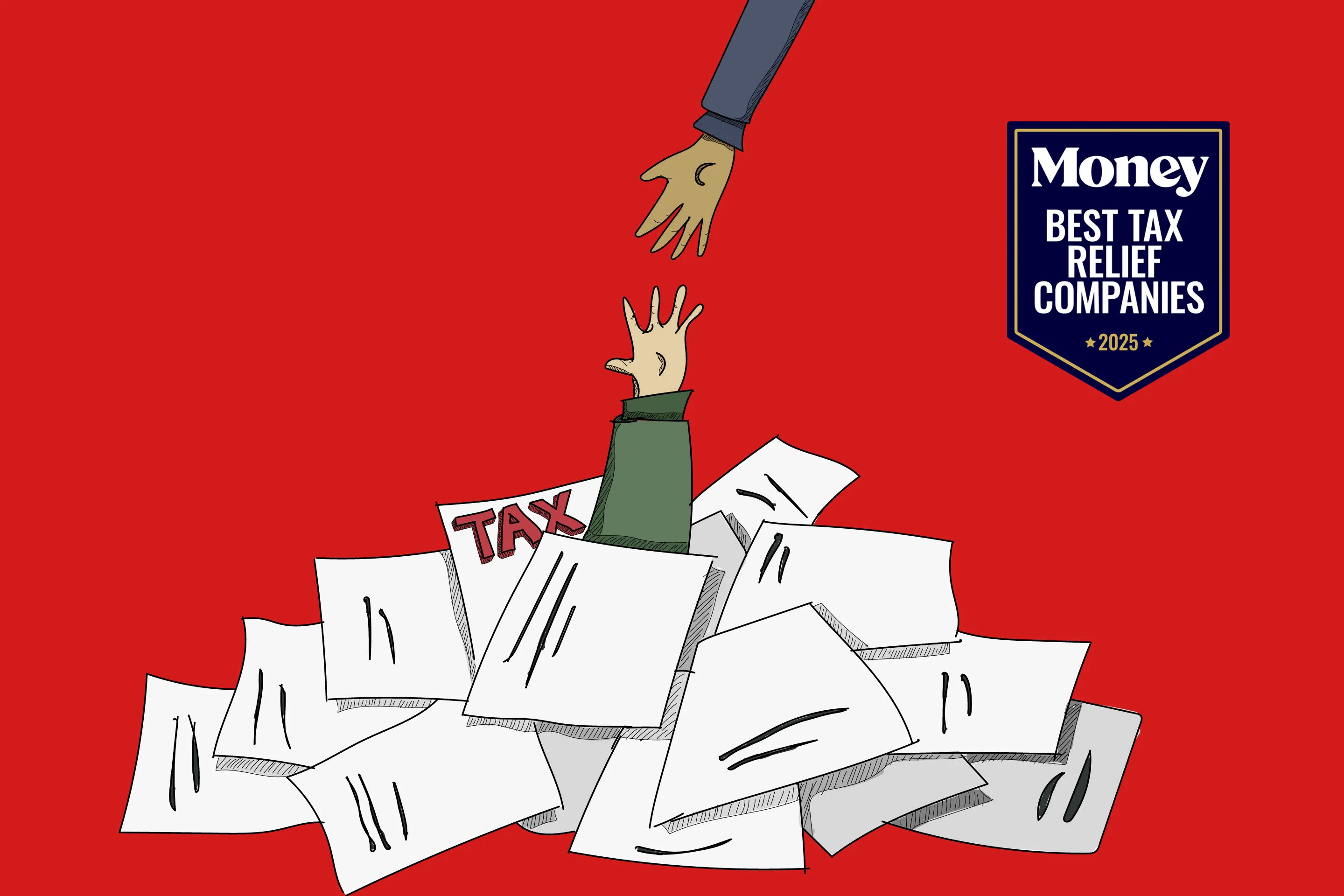Here’s what to know about Trump’s tariffs after a U.S. trade court rules them illegal

President Trump’s controversial tariffs on goods imported from foreign nations faced a setback when the U.S. Court of International Trade ruled them illegal. This ruling added uncertainty for U.S. consumers and businesses, who are typically responsible for paying the tariffs on imported goods. However, a federal appeals court in Washington, D.C., temporarily halted the decision, reinstating the levies for the time being.
The ruling from the court halted the sweeping tariffs that President Trump imposed on almost every country on April 2. The tariffs, which the president claimed would help bring back U.S. manufacturing jobs and raise revenue for the federal government, were met with mixed reactions. Some trading partners faced significantly higher import duties, with tariffs on China-produced goods reaching as high as 145% before being eased temporarily.
The court’s decision raised questions about the future of Mr. Trump’s trade agenda. As the appeals process unfolds, businesses are left wondering whether to plan for relief if the trade court’s ruling stands or if the tariffs will be reinstated. The reinstatement of the tariffs by the federal appeals court on Thursday added further uncertainty to the situation.
While the temporary stay keeps all of Mr. Trump’s tariffs in effect for now, the ruling specifically applies to tariffs issued under the International Emergency Economic Powers Act (IEEPA). Other tariffs imposed using different trade rules, such as the Section 232 tariffs on automotive, steel, and aluminum imports, remain in effect.
If Mr. Trump wins on appeal, he could reinstate the tariffs. Alternatively, his administration could explore other avenues to reimpose import duties. The uncertainty surrounding the tariffs has left businesses and consumers in a state of limbo, unsure of what the future holds.
The ongoing legal battles, including lawsuits from U.S. companies like Learning Resources, add to the complexity of the situation. The court ruled in favor of Learning Resources, blocking the Trump administration from collecting tariffs from the toy maker. However, the CEO of Learning Resources expressed concerns about the ongoing threat of tariffs due to the expected appeal by the administration.
Until the appeal process is resolved, businesses and consumers will continue to face uncertainty. The tariffs, which are often passed on to consumers in the form of higher prices, have the potential to impact inflation rates. While the court’s decision may lead to a reduction in the effective tariff rate, businesses are still grappling with the uncertainty of the situation.
In conclusion, the legal battles surrounding President Trump’s tariffs have created a cloud of uncertainty for businesses and consumers. The outcome of the appeals process will determine the future of these tariffs and their impact on the economy. Until then, stakeholders must navigate the complexities of the situation and prepare for various potential outcomes.





